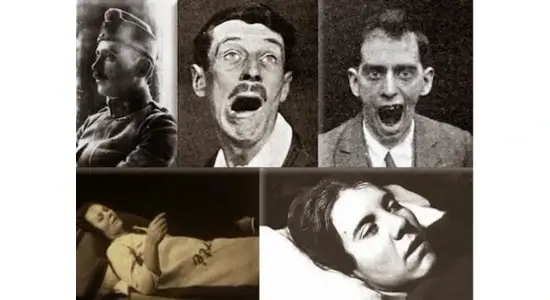
At Fact Fun, we love uncovering stories where science pushes the limits of human experience. A recent case study describes a 16-year-old teenager with extraordinary “mental time travel abilities”—a capacity to vividly revisit past experiences and project herself into imagined futures with unusual clarity.
A Rare Condition With Unusual Effects
The teenager was diagnosed with Williams-Beuren syndrome (WBS), a rare genetic condition affecting approximately one in 7,500 to 10,000 live births. Individuals with WBS often display unique cognitive profiles, including high sociability, strong verbal skills, and intense emotional expression. In this case, her abilities extended beyond the typical: she demonstrated an exceptional ability to navigate her memories and construct possible futures.
What Scientists Mean by “Mental Time Travel”
Mental time travel refers to the human ability to recall episodic memories (personal experiences anchored in time and place) and imagine future scenarios. While all humans do this to some degree, the teenager’s performance was described as unusually advanced. In structured interviews and cognitive tests, she reconstructed past events in detail, complete with sensory descriptions and emotional context. She could also outline her future goals and scenarios with striking coherence.
The research team emphasized that her episodic memory system—the brain network enabling recollection and imagination—appeared unusually strong compared to both typical peers and others with WBS. This challenges assumptions that WBS primarily involves cognitive deficits; instead, it highlights how certain neural adaptations may enhance specific abilities.
Why This Case Matters
-
Scientific insight: The case suggests episodic memory and future thinking may be more flexible and variable across individuals than once believed.
-
Broader implications: Understanding such abilities could contribute to treatments or training programs for memory disorders, such as dementia or amnesia.
-
A reminder of diversity: It highlights how rare genetic syndromes may also give rise to unexpected strengths.
Balancing Perspectives
Not all researchers are ready to call this ability “exceptional.” Some argue that careful experimental replication is needed before concluding the teenager’s performance is truly unique. Memory, after all, is highly subjective and can be influenced by suggestibility, emotional state, or narrative skills. Still, this single case provides fertile ground for exploring how memory and imagination are intertwined.
???? Did You Know?
The concept of mental time travel was first formalized by psychologist Endel Tulving in the 1980s. He proposed that episodic memory allows humans to “travel” back into past experiences and forward into imagined futures—a capacity he considered fundamental to human consciousness.
From prehistoric skulls to cutting-edge neuroscience, Fact Fun uncovers stories that stretch our understanding of humanity. Bookmark Fact Fun and follow us as we explore the mysteries of mind, memory, and imagination.
ref : IFLScience , Neurocase






